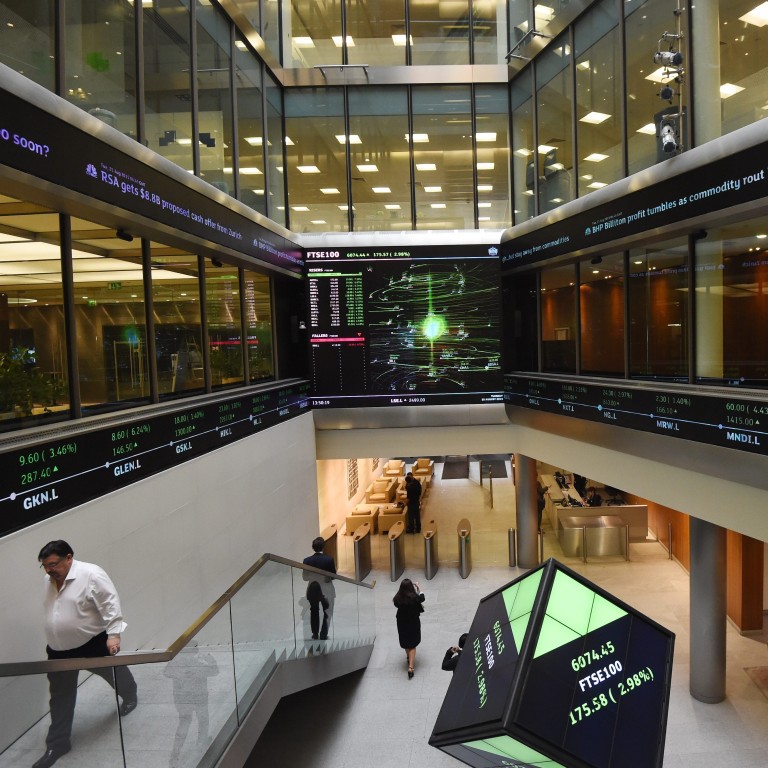
The London Stock Exchange was wrong to reject Hong Kong’s US$36.6 billion offer. It needs to think bigger or risk being left behind
- In rebuffing HKEX’s bid, the London Stock Exchange has failed to consider the role it could play as a funding centre for China’s belt and road. If Brexit happens and its position is diminished as a result, attitudes may well change
The LSE, along with British financial regulators, should have taken a leaf out of former New Zealand prime minister Robert Muldoon's book and learned to “think big”. They should have seen HKEX’s bid as a make-or-break opportunity for both London and Hong Kong.
HKEX’s offer was bold and farsighted when seen in the context of the Belt and Road Initiative, which aims to link Asia with Europe. As Kent Calder, director of the Reischauer Centre for East Asian Studies at Johns Hopkins, has noted, Hong Kong and London are natural funding centres for the Chinese trade strategy.
China bets everything on the belt and road
This is where London should think big – in terms of its future role in financing real economy ventures such as infrastructure, instead of financial-sector-related ventures. Yet, according to the Financial Times, exchange operators are “increasingly shifting away from the core business of trading into supplying and monetising the data that is at the heart of markets”.
In this regard, the LSE has said it is committed to its own US$27 billion proposed acquisition of data and trading group Refinitiv, which would not be possible if it accepted HKEX’s offer. But HKEX has countered that the LSE could monetise data in China via Hong Kong.
For Hong Kong, the advantages of a tie-up with London were obvious. The move would help restore Hong Kong's credibility as a vital link with the outside world amid speculation that this role could be filled by Shanghai or Shenzhen.
Beijing’s non-Tiananmen response: build up Shenzhen, forget Hong Kong
Apart from political considerations, the British reaction to the bid has centred on the relatively low offer. But it is par for the course for a bidder to test the waters with an initial offer, then sweeten the deal as negotiations proceed.
A more intractable problem may be the fact that the bid is always going to be subject to British regulators’ intense scrutiny, given that, as the FT has put it, the LSE “owns trading venues and clearing houses that play a major role as the plumbing of global capital markets”.
Anthony Rowley is a veteran journalist specialising in Asian economic and financial affairs

